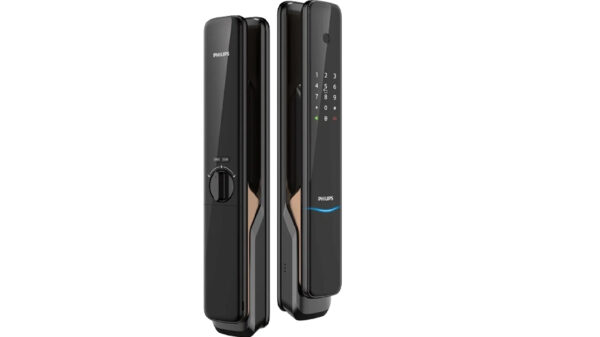The latest Kaspersky report, ‘Defending digital privacy: taking personal protection to the next level’, found that 83% of users are thinking up their own passwords, while 54% say they are unaware about how to check if any of their credentials have already been leaked. This highlights the need for storing passwords more securely.
Passwords are the most common method of authentication, but they only work if they are hard to crack and confidential. And with an increasing number of applications requiring them, it can be hard to come up with new ideas for complex passwords and keep them all in your mind – especially when users may be required to change their passwords regularly.
In addition to this challenge of creativity for users, it’s becoming more vital to store passwords securely and look out for possible instances when these credentials could be leaked.
According to Kaspersky’s report, 55% of users claim they remember all of their passwords – which can be difficult if security requirements such as password complexity and uniqueness are to be satisfied. One in five (19%) keep them written in a file or document stored on their computer, while 18% use the browsers on their computers, smartphones, or tablets to store their passwords.
Chart 1: Which of the following methods do consumers use to store or remember their passwords?
However, there are some ways to check if your password has been leaked. For instance, services such as Have I Been Pwned? maintain a database where users can check if their passwords have been included in public leaks or data breaches without visiting the sketchier parts of the web.
“Consumers can monitor the spread of personal data, including which passwords might have been leaked. And this is not only for the sake of “just being aware”; it also allows individuals to take the right action to minimize any invasion of privacy – along with any wider consequences. That’s why we at Kaspersky put a big focus on protecting consumer’s privacy,” comments Marina Titova, Head of Consumer Product Marketing at Kaspersky.
To ensure the safety of personal data, Kaspersky recommends users:
- Minimize the number of people you share account login information with and never leave passwords where others might find them – be it on paper or on a device. Keeping them on sticky notes or a pad might be tempting, but it will also be just as easy for others to access things you don’t want them to
- Try using Kaspersky Secure Password Check. The service allows you to check how strong your password is, and how long it will take to crack it
- Use strong and robust passwords generated by a reliable security solution like Kaspersky Password Manager. This will produce secure, unique passwords for each account every time and help you resist the temptation to re-use the same password more than once
- Find out if any passwords used to access online accounts have been compromised. The Account Check feature within Kaspersky Security Cloud allows users to check their accounts for potential data leaks. If one is detected, the solution provides information about the categories of data that may be publicly accessible so that the individual affected can take the appropriate action















































































































